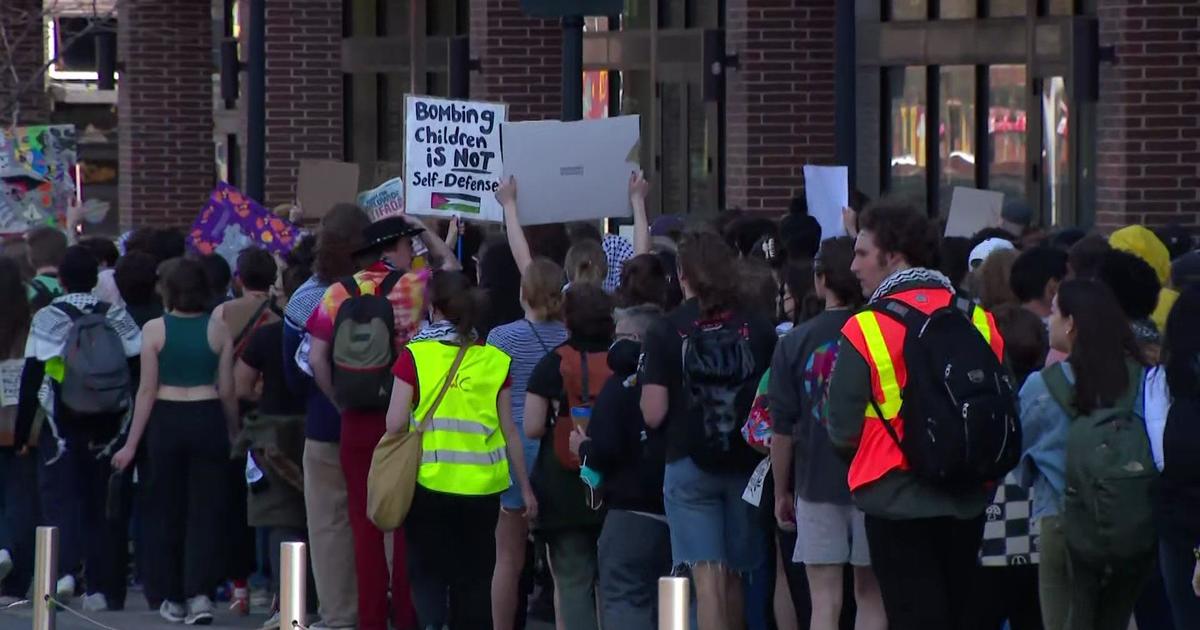Good Question: Does Extrasensory Perception Exist?
MINNEAPOLIS (WCCO) -- The concept has fascinated filmmakers, scholars and authors: the idea that some of us are able to sense the future, to predict it. But does extrasensory perception (ESP) really exist? Can anyone prove it?
Daryl Bem thinks he can. He's no kook. He's an emeritus social psychology professor at Cornell University. His peers reviewed his research which will be published in the well-regarded Journal of Personality and Social Psychology.
He did nine experiments with more than 1,000 student participants, all looking for evidence of ESP.
In his paper, "Feeling the Future," he wrote that "Precognition and premonition are themselves special cases of a more general phenomenon: the anomalous retroactive influence of some future event on an individual's current responses."
He concludes that the studies do show evidence "that our physiology can anticipate unpredictable erotic or negative stimuli before they occur."
"I'm skeptical that ESP exists," said Doug Hartman, a Social Psychologist at the University of Minnesota. "Some people seem like they have intuition and have an ability to see something happening. But it's hard to use that to predict the future."
For example, Fiona Quick wrote on Facebook, "I know it's real, I have premonitions all the time, just wish I could refine it enough to predict real things like lottery numbers!"
Hartman noted that that is a main point of skeptics, that if people could sense the future, "those people should be making a lot of money on lottery and sports bets and in the stock market. That you don't see."
The researcher had a computer program hide different images on either the right or left side of a screen. 53 percent of the time when erotic images were shown, the research subjects got it right.
"Even a small 53 versus 50, that's significant. It's not a lot, but it's not random," said Hartman.
Why ESP would only work with erotic images, "I have no answer on that," he laughed.
In the academic world, critics have pointed out that Bem hasn't been able to recreate his results, even though he's tried three times. And his research starts with the assumption (the null assumption) that ESP does not exist. Giving that assumption no weight is problematic, points out Hartman.
"Say every day you have a thought that something could happen. Maybe that happens once. That's not really a very good record," he said, pointing out that he's more interested in the mechanisms that some people use to process clues in our surroundings more efficiently, and use those clues to piece together a good prediction of the future.
"What are the mechanisms? What are the things that allow us to anticipate and expect things? I'm very open to that," he said.
WCCO-TV's Jason DeRusha Reports



